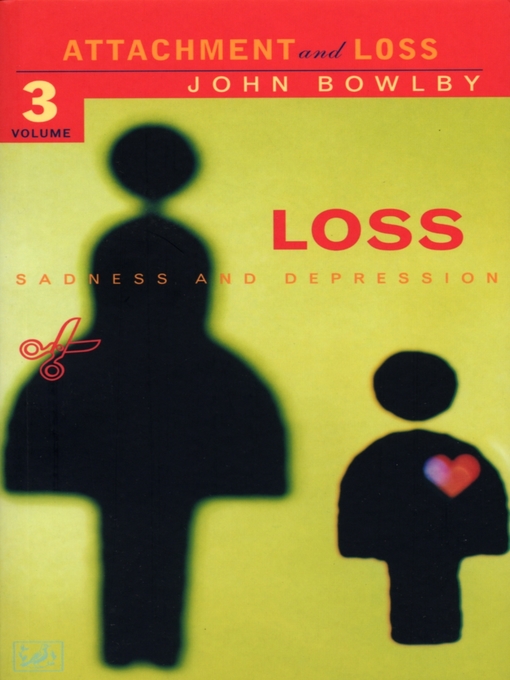In this third and final volume John Bowlby completes the trilogy Attachment and Loss, his much acclaimed work on the importance of the parental relationship to mental health. Here he examines the ways in which young children respond to a temporary or permanent loss of a mother-figure and the expression of anxiety, grief and mourning which accompany such loss. The theories presented differ in many ways from those advanced by Freud and elaborated by his followers, so much so that the frame of reference now offered for understanding personality development and psychopathology amounts to a new paradigm.
Attachment and Loss is a deeply important series of works that continue to influence the landscape of psychoanalysis and psychology, and Loss its revelatory closing chapter.
- New eBook additions
- Available now
- Most popular
- Childhood Classic eBooks
- Dyslexia
- Islamophobia Awareness Month
- Unmissable Picture Books
- Try something different
- Crime Doesn't Pay
- Novella & Short Story Classics
- Read-Along
- Out-of-this-world Sci-Fi
- Get Creative at Home
- See all
- New audiobook additions
- Islamophobia Awareness Month
- Books on Film
- Try something different
- Available now
- Read by a Celeb
- Most popular
- New kids additions
- New teen additions
- Interesting Lives: Memoirs & Biographies
- Crime Doesn't Pay
- Popular Audiobooks
- Series Starters
- See all

